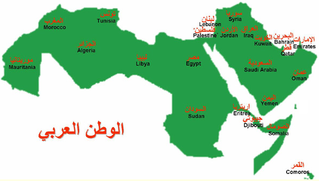If I were looking for a prophet in the modern Middle East, I'd beat a path to Dr. Nader Fergany's door. Nine years ago the director of the Almishkat Centre for Research in Cairo co-authored a prescient report on the Arab world for the United Nations. According to the Arab Human Development Report, autocratic regimes in the region were stifling human development in three areas: governance, women's empowerment and access to knowledge. While these conclusions seem self-evident today, it took considerable courage for three Arab scholars to publish them for an international audience in the aftermath of the 9/11 attacks.
When I was studying at the Foreign Service Institute in preparation for a diplomatic assignment in Israel, the director of Middle East studies was a German Arabist who maintained that the Israeli-Arab conflict was the root of all evil in the region. Until recent weeks, one heard similar views from pundits on TV and radio. Given that the most deadly conflicts in the modern Middle East — civil wars in the Sudan, Lebanon and Algeria, the Armenian Genocide, the Iran-Iraq War — have rarely involved Israelis or Palestinians, it's necessary to dig deeper for explanations that correspond more closely to reality. It's this desire to go beyond the headlines that has motivated me to create this column on the Middle East. I've lived in Israel and return as often as possible to the region, most recently as a guide for a group of high-tech executives looking for business opportunities.
Read Full Article »



